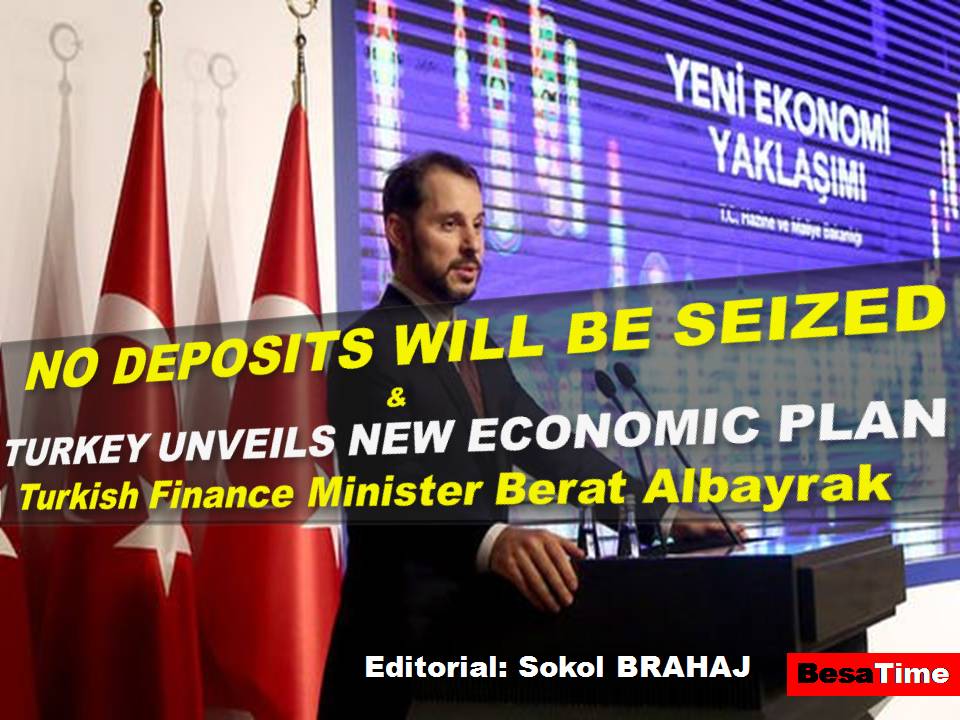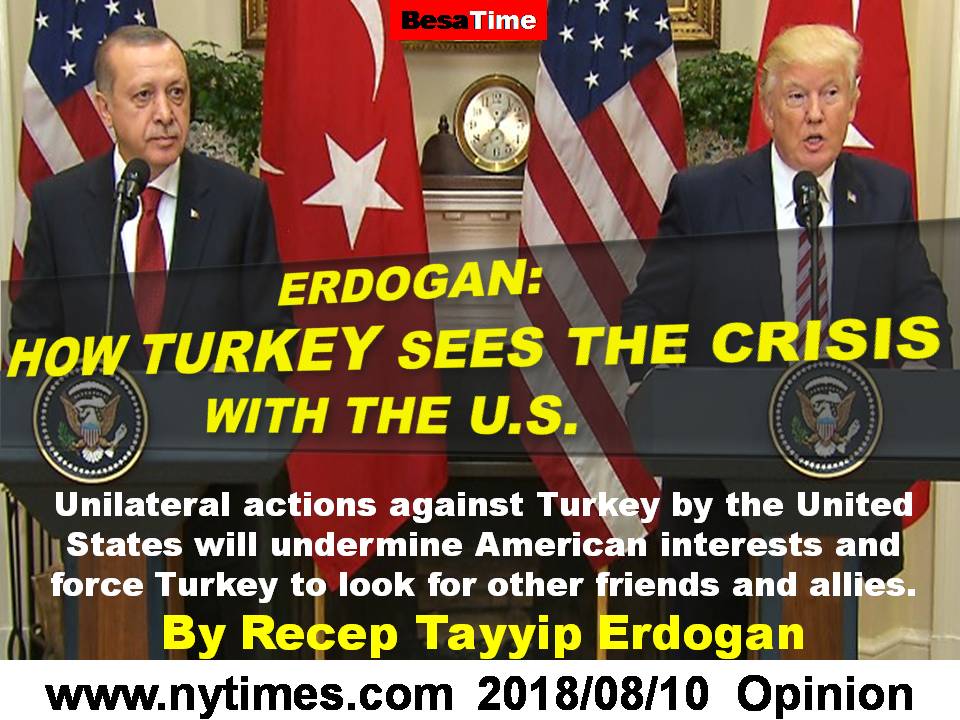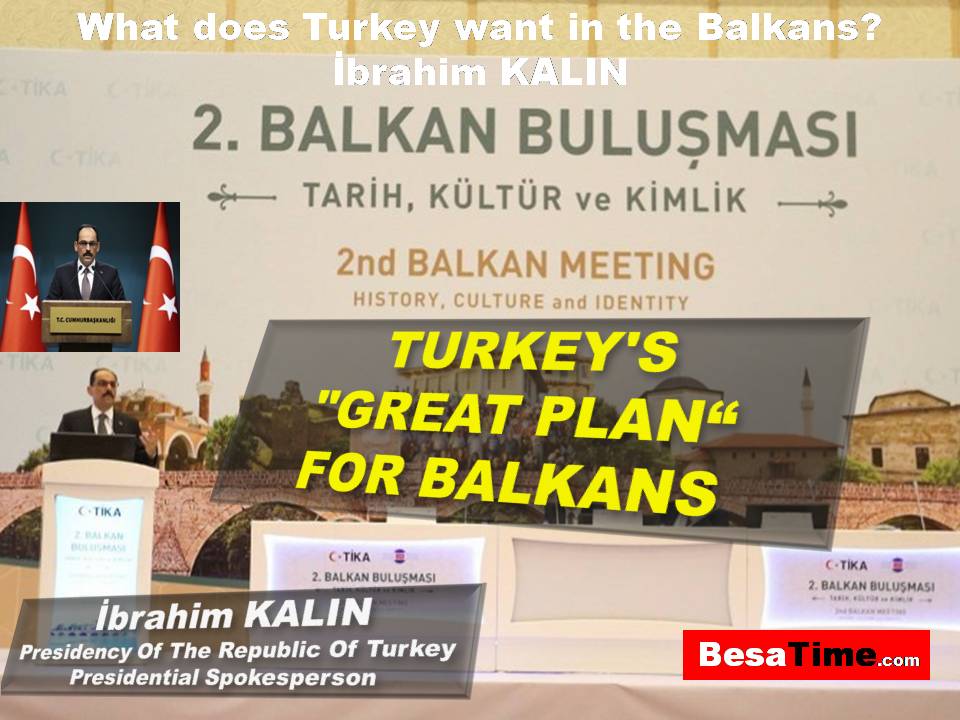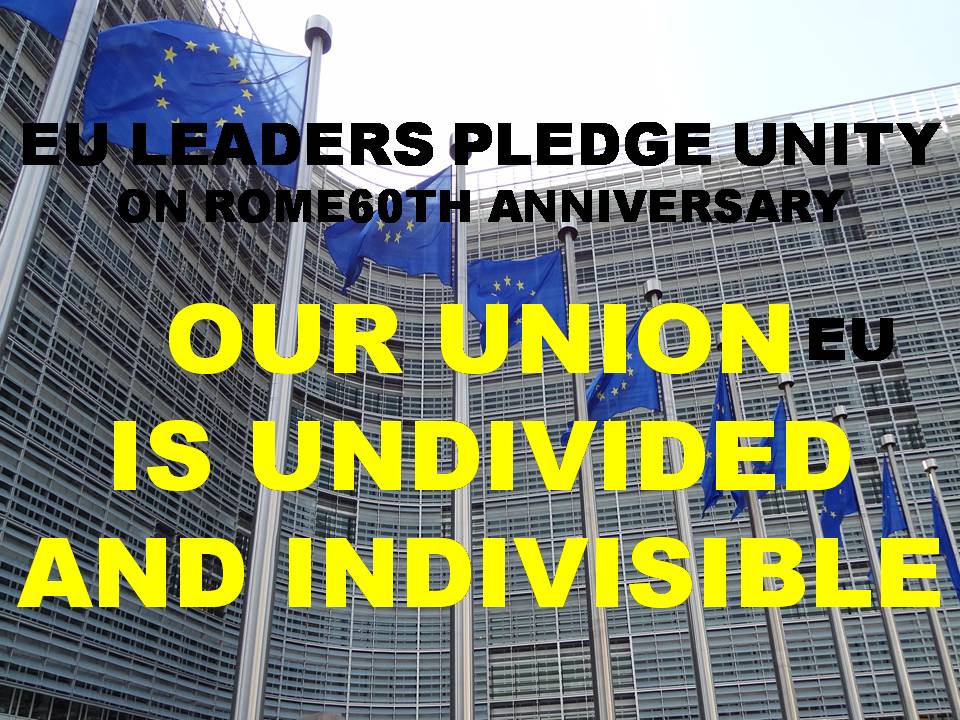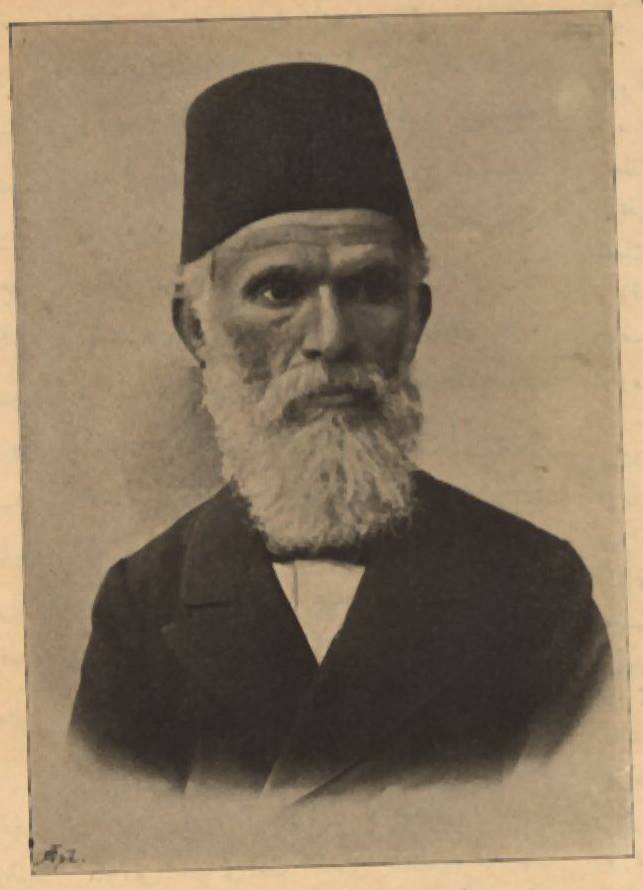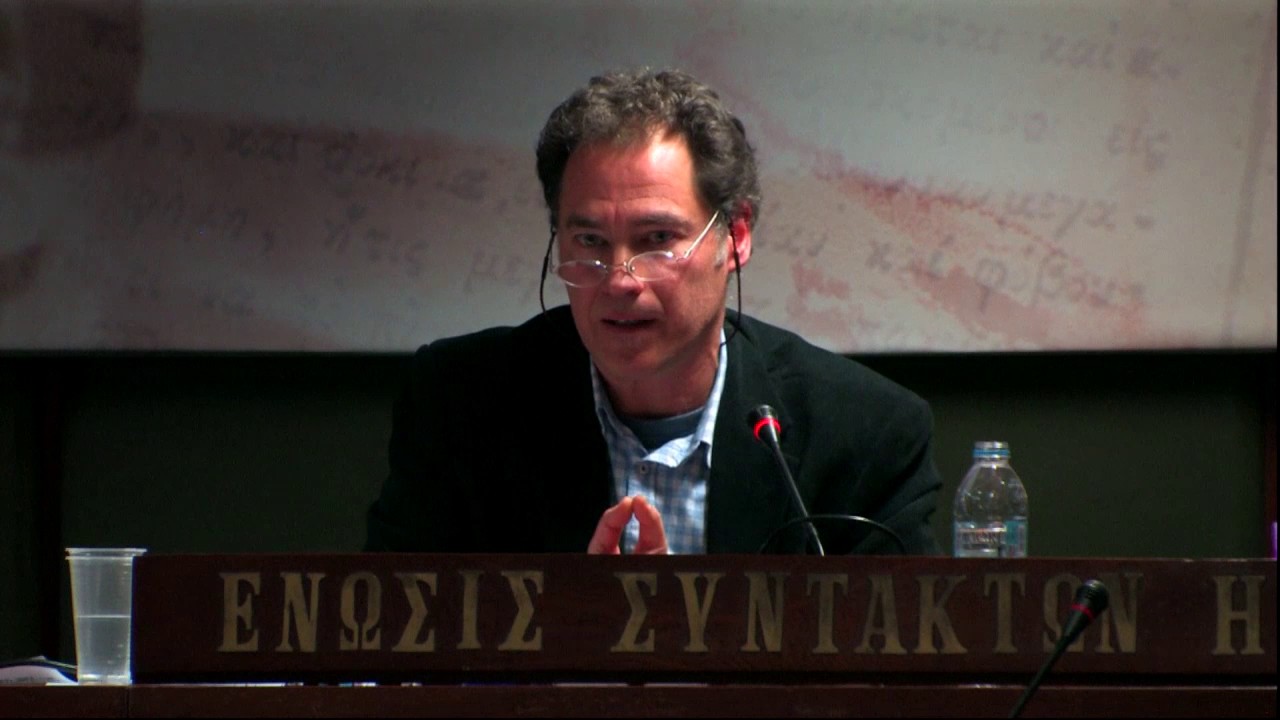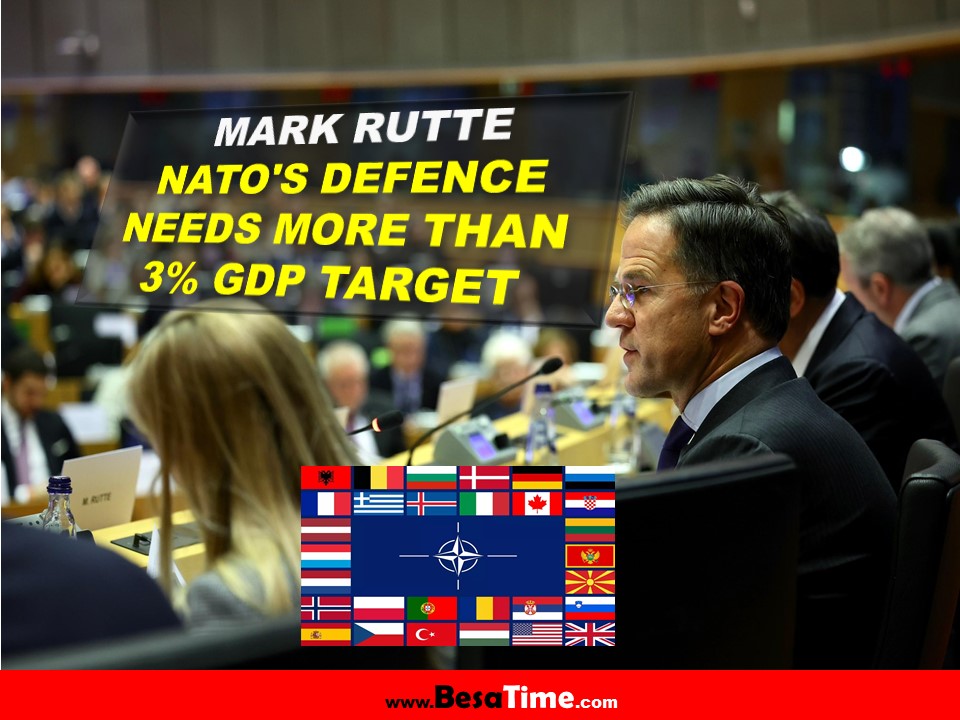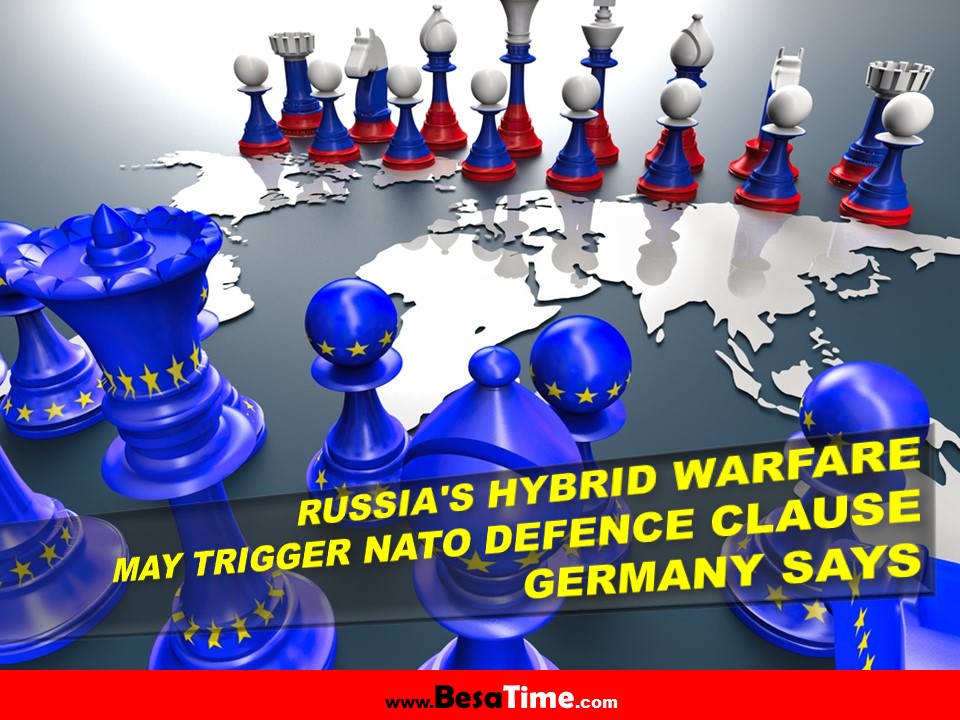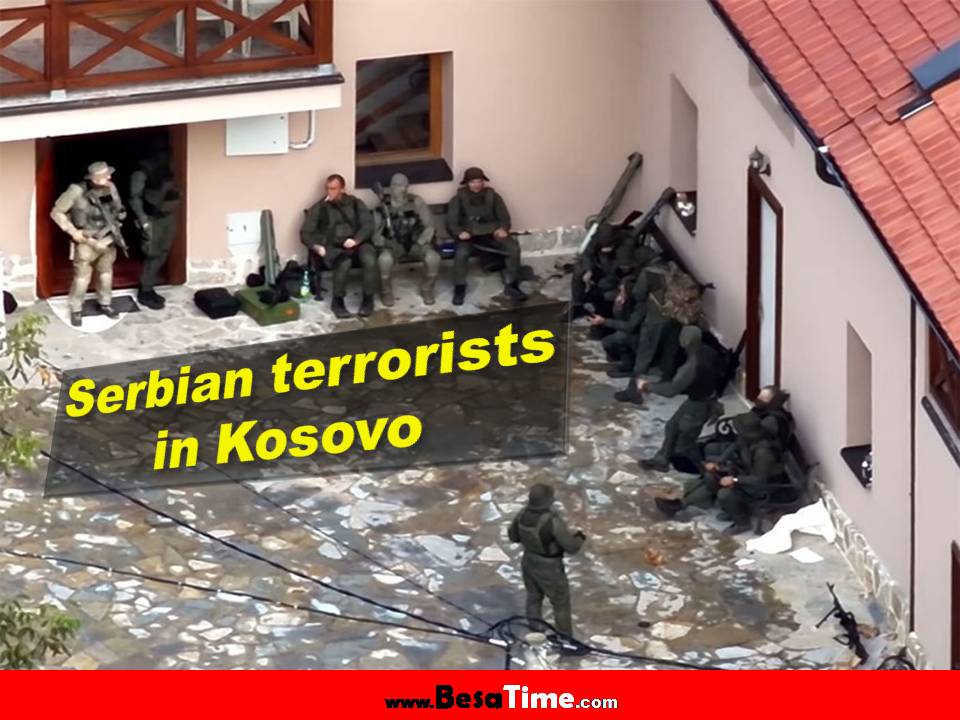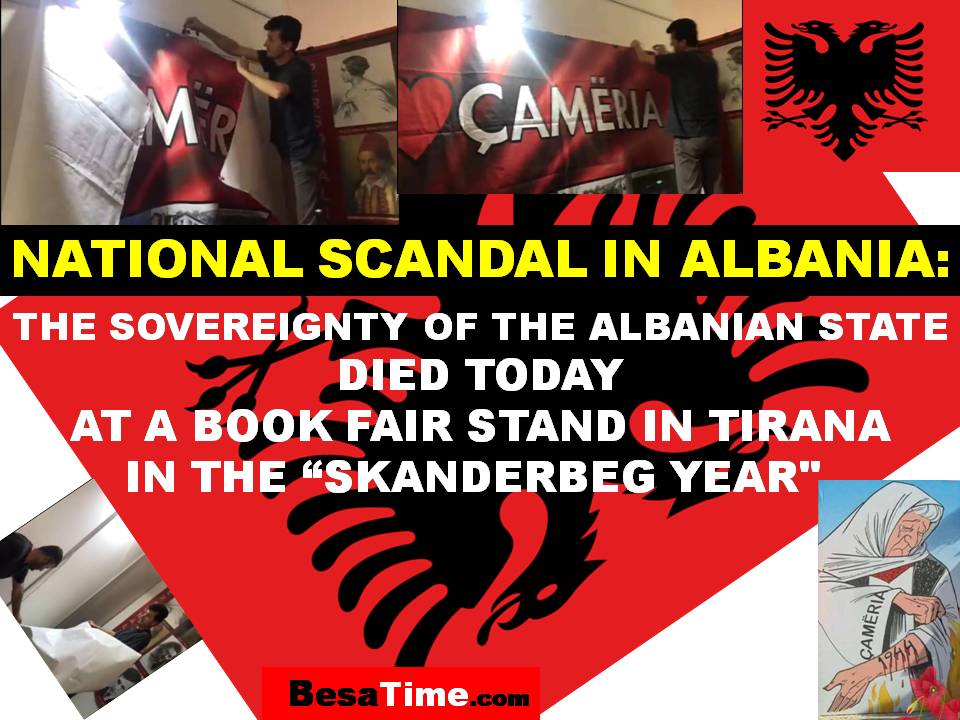
BESA TIME®
True News PortalNEW TRANSPARENCY REPORT GIVES BALKAN COUNTRIES POOR SCORES : Maja Zivanovic
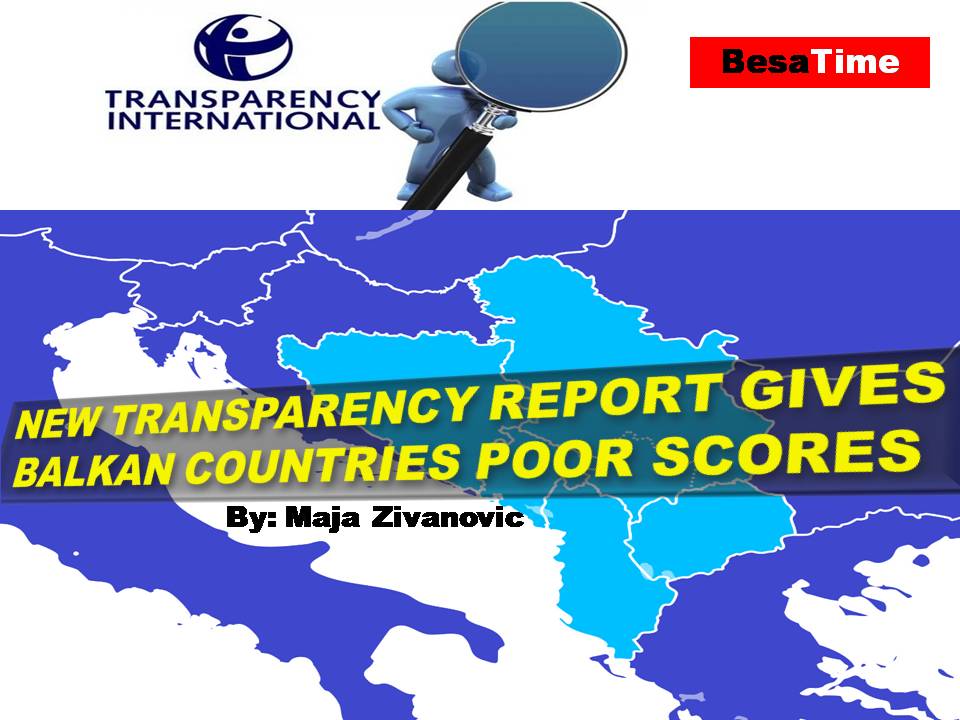
NEW TRANSPARENCY REPORT GIVES BALKAN COUNTRIES POOR SCORES
By Maja Zivanovic
Transparency International's new report on perceived levels of public-sector corruption says Balkan countries are seen as highly corrupt and all of them have below-average ratings.
Albania has the worst score of the Balkan states, closely followed by Kosovo and Macedonia.
"It is particularly worrying that across the region we see governments’ interventions that are weakening the system of checks and balances, essential for successful anti-corruption efforts and functional democracy," Transparency International spokesperson for the Balkans, Lidija Prokic, told BIRN. "Instead, civic and political rights are being limited and holding governments to the account is becoming increasingly difficult."
Prokic also highlighted that commitment to democracy and the rule of law in the region needs to be improved across the region.
The 2018 Corruption Perceptions Index, published on Tuesday, measures the perceived levels of public-sector corruption in 180 countries and territories.
Scores range from 0 (perceived as highly corrupt) to 100 (perceived to be the least corrupt), using expert assessments and opinion surveys.
Albania, with a score of 36, was only narrowly ranked worse than Kosovo and Macedonia, which were given scores of 37.
For Albania, which dropped two points since last year, Prokic says its score raises concern about the country's further progress, but added that with the ongoing vetting of judges in the country and anti-corruption institutional framework almost complete, it remains to be seen if its institutions will deliver on expectations in the coming year.
She also noted that Kosovo had dropped two points since 2017, with rule of law and lack of accountability of public officials remaining key issues for the country, along with threats to journalists investigating corruption and a need for transparency in party financing.
In Macedonia's case Prokic highlighted that the name dispute between it and neighbouring Greece dominated the agenda almost exclusively.
Bosnia’s score is one point better than last year, at 38. Serbia’s score is 39, down two points from last year, which puts it back at where it was ranked in 2012.
"The [Serbian] government’s persistent efforts to increase its influence over the judiciary and to reduce public access to information, despite strong opposition from NGOs, professional associations and the media is very discouraging and continuous pressure on media are reasons for serious concern," Prokic said.
For Bosnia she underlined that the country has to improve its election campaign atmosphere and human rights conditions.
The non-EU Balkan state with the lowest perceived level of corruption is Montenegro, with a score of 45. Although it still dropped one point since last year.
Among the EU members in the Balkans, the worst-ranked country is Bulgaria, with a score of 42, followed by Romania, at 47 and Croatia, at 48.
“While Romania and Bulgaria had been making some progress on the CPI in recent years, both witness a decline by a single point in a year that has seen a serious corruption scandal in Bulgaria, and mass anti-corruption protests in Romania,” the report said.
In addition, it added, both Romania and Bulgaria are still monitored by the EU’s Cooperation Verification Mechanism, CVM, which monitors whether both countries are meeting the anti-corruption and judicial reform commitments they made when they became EU members.
“Despite this measure, both countries have made little progress on judicial reforms and anti-corruption efforts,” it said.
The report noted that in Bulgaria, many citizens distrust political institutions and do not feel well represented.
“With little control over political party financing and few checks and balances, Bulgaria also lacks an independent and transparent media,” it added.
Globally, the states with the least perceived corruption are Denmark, with 88 points, and New Zealand, with 87.
On the other hand, Somalia with only 10 and Syria and South Sudan both with 13 points are at the bottom of the list, as the states with the highest perceived level of corruption in the world. http://www.balkaninsight.com
BIRN Belgrade
Maja Zivanovic
BesaTime.com
NO DEPOSITS WILL BE SEIZED: Berat Albayrak (Turkish Finance Minister) And TURKEY UNVEILS NEW ECONOMIC PLAN
NO DEPOSITS WILL BE SEIZED: Berat Albayrak (Turkish Finance Minister) And TURKEY UNVEILS NEW ECONOMIC PLAN Editorial: Sokol BRAHAJ...
ERDOGAN: HOW TURKEY SEES THE CRISIS WITH THE U.S.
ERDOGAN: HOW TURKEY SEES THE CRISIS WITH THE U.S. Unilateral actions against Turkey by the United States will undermine American interests and force Turkey to look for other friends and allies. By Recep Tayyip Erdogan Mr. Erdogan...
IBRAHIM KALIN: WHAT DOES TURKEY WANT IN THE BALKANS?
IBRAHIM KALIN: WHAT DOES TURKEY WANT IN THE BALKANS? A strong Turkey is good for the Balkans and a stable and prosperous Balkans is good for Turkey and the world...
EUROVISION 2018: THREE ALBANIANS ON FINALE, REPRESENTING THREE DIFFERENT COUNTRIES
EUROVISION 2018: THREE ALBANIANS ON FINALE, REPRESENTING THREE DIFFERENT COUNTRIES...
ROME60, EU: OUR UNION IS UNDIVIDED AND INDIVISIBLE
ROME60, EU LEADERS PLEDGE UNITY ON 60TH ANNIVERSARY: OUR UNION IS UNDIVIDED AND INDIVISIBLE...
